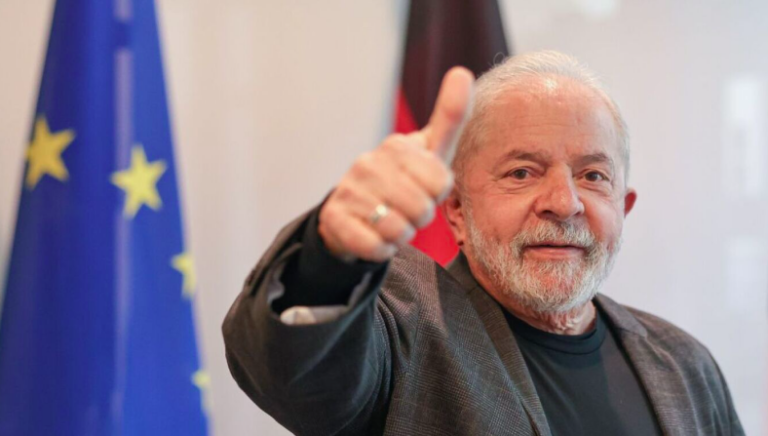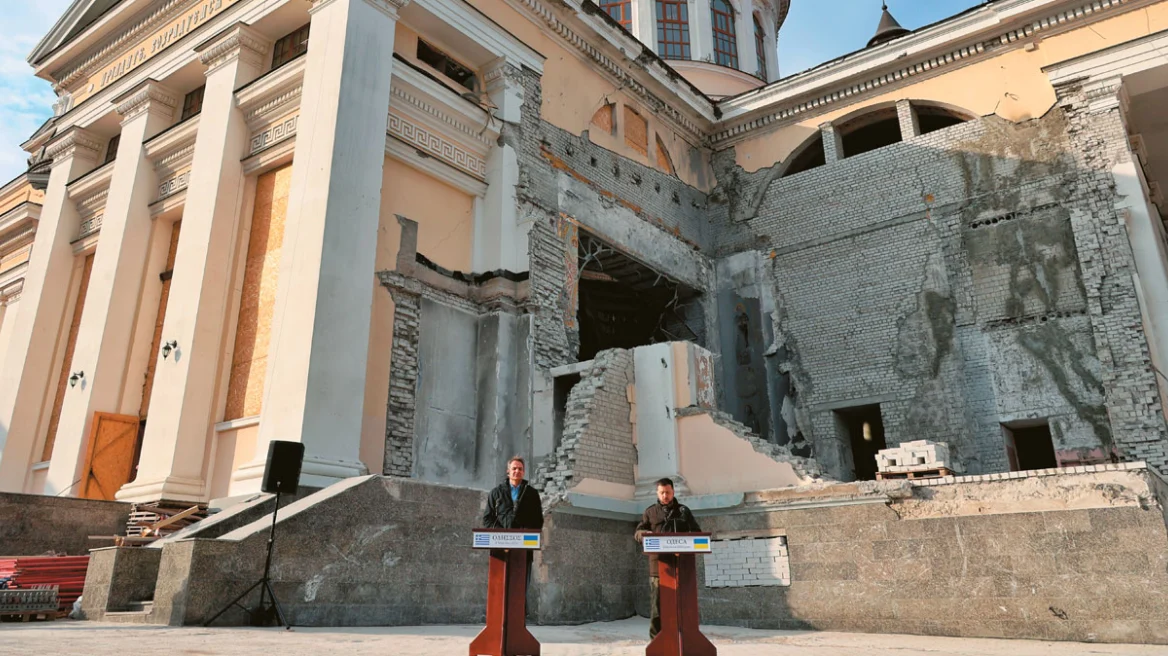In a historic move, Brazil has passed a law designating September 21 as “National Greek Immigrant Day” (Dia Nacional do Imigrante Grego). This annual celebration will be observed nationwide, recognizing the significant contributions of Greek immigrants to Brazil’s development and social well-being.
According to a report by Mr. Yiannis Chrysoulakis, Secretary General for Greeks Abroad and Public Diplomacy, Brazilian President Luiz Inácio Lula da Silva approved the legislation, which was passed by the National Congress. This marks a momentous decision for the Federative Republic of Brazil, honoring the Greek immigrant community.
A Rich History of Greek Immigration
The story of Greeks in Brazil dates back to the 19th century. In an interview on the program “Our Global Voice” by the “Voice of Greece,” Professor Anastasios Tamis, founding director of the National Center for Greek Studies and Research at La Trobe University in Melbourne, highlighted notable Greek immigrants in Brazil. These include Abraham Nassar and his brother Prodromos from Asia Minor who settled in São Paulo, Cretan Nikolaos Papatzanakis who lived in Santos in 1911, Evangelos Varvas in 1924, Elias Diamanis from Aetolia in 1927, Gabriel Komninos from Kastellorizo in 1904, Ioannis Kotzias, a sailor from Kastellorizo who lived in Paraná in 1919, and Evangelos Markopoulos who escaped from labor battalions after the Asia Minor Catastrophe and moved to Rio in 1929.
A Result of Persistent Advocacy
The establishment of National Greek Immigrant Day is the culmination of years of effort by the Federation of Greek Communities in Brazil and its president, Mr. Stavros Kyriopoulos. According to Mr. Kyriopoulos, there are currently about 50,000 Greeks in Brazil, with 20,000 residing in São Paulo, which hosts the largest Greek community in Latin America. This closely-knit community primarily grew from post-World War II immigration waves, and settled around two neighborhoods and churches in the city’s center.
Community Evolution and Cultural Preservation
Over the years, intermarriage outside the Greek community has led to a dispersion of Greeks throughout the city’s fabric, diluting some traditional customs and practices. Despite these changes, the Greek community in São Paulo continues to organize events and maintain a Greek afternoon school, fostering unity and cultural preservation among its members.
Ask me anything
Explore related questions





